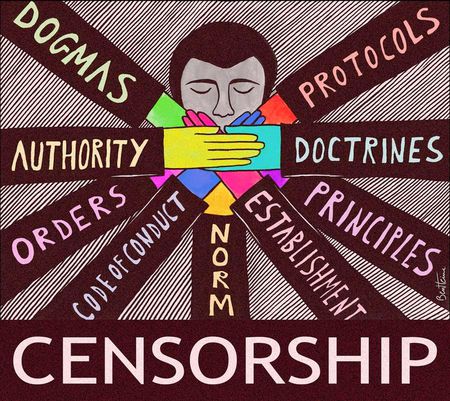We are happy to announce the next presentations of the “Visegrad Scholarship at OSA”. Join the event in the Archivum, or online by following the link below!
The presentations will be held in the Meeting Room of the Blinken OSA Archivum, and online. at 11:00 AM on Wednesday, July 26, 2023.
The link to the Zoom meeting is: https://ceu-edu.zoom.us/j/91954357162?pwd=cGRQZi9GZ2JpWWQ3eUZUM1NFS2FDdz09
“Nasze beniaminki”: the State and the Miners in People's Poland, 1958–1975
by Grace Simpson, Ph.D. student, Institute of History, Jagiellonian University in Kraków
This presentation explores the relationship between the state and the coal miners employed in the Polish People's Republic as rendered in the official media outlets of the Polish United Workers' Party. The coal-mining workforce constituted the vanguard of the working class and presided over the extraction of a commodity vital first to the industrialization of Poland and then to the generation of foreign currency reserves. Eager to ingratiate itself to this workforce and to optimize its output and productivity, the state appropriated miners' long-standing traditions and instrumentalized miners' collective pasts: Saint Barbara's Day, a solemn annual celebration of the patron saint of miners, became Miners' Day, a political celebration which invited miners to critically reflect upon their productive performance in the previous year, to commit to improving their performance in the coming year, and to avail themselves of all the facilities and services graciously allocated by the state. Beneath the sanitized, official accounts of such celebrations, which depict a harmonious relationship of mutual respect and admiration, lurk suggestions that the “best sons of the Polish nation”, were reasserting their agency in subversive ways. On the one hand, they capitalized on lawful structures designated for the resolution of individual disputes and the expression of constructive criticism, raising lawsuits against overbearing mine supervisors and writing reproachful letters to the official media outlets bemoaning mining conditions. On the other hand, they engaged in infrapolitical resistance, practicing absenteeism, manipulating healthcare professionals, manipulating or falsifying data relating to output and occupational health and safety, sabotaging the mechanization of mining processes, and stealing coal and mining materials from the workplace.
AND
Researching the Ephemera: Index on Censorship in the Open Society Archives
by Dr Zsuzsanna Varga, Senior lecturer at the University of Glasgow
The discussion of communist or state socialist cultural practices, freedoms, and restrictions through the lens of censorship has enjoyed much critical attention since the early 1990s, producing important work in Russian/Soviet and Polish studies predominantly. Originating from notions of control, destruction, and coercion, theorization has gradually become more nuanced in the light of Foucauldian notions of power, and the role non-state agents (authors and censors) in the process. The opening of state archives of the former Eastern bloc has led to a more enhanced and reflected knowledge of the censoring of literary texts, translations, and their authors. Yet scholarly work addressing Index on Censorship, the major contemporary Western periodical documenting and attesting to the process of censorship has been notably absent. The current project offers to add to our knowledge by considering the homegrown and international networks that enabled the production of the journal. The presentation will also reflect on the practice of archival research and the use of ephemera in the process.


